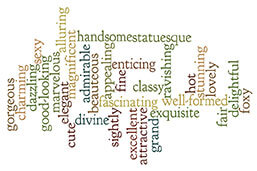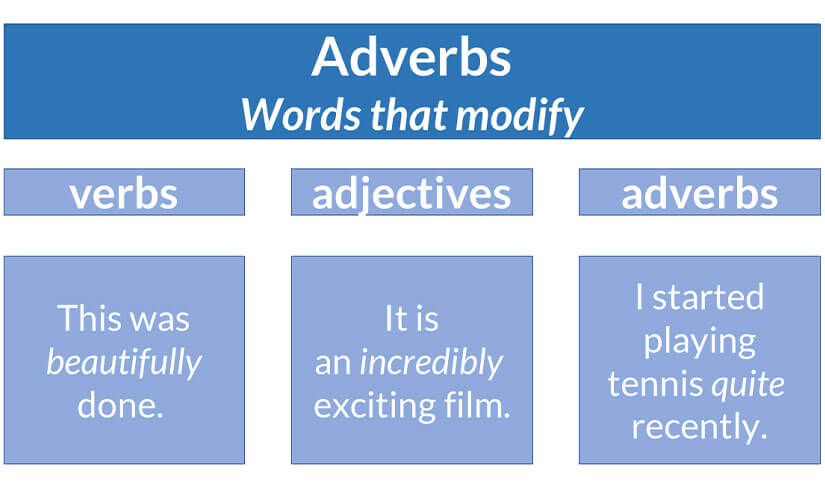
Adjectives hold a significant role in academic writing, enriching the precision and clarity of the language employed. Within the realm of scholarly discourse, where accuracy and specificity are highly valued, carefully selected adjectives contribute to a impactful expression of ideas. By choosing suitable adjectives, writers can effectively convey their arguments and engage readers in a more comprehensive understanding of the subject matter in the context of academic writing.
Definition: Adjectives
An adjective describes a noun (a common name) or a pronoun. Typically, it gives more detail about a person, animal, object, or idea.
How to use adjectives
An adjective may be used to describe the features or modify the qualities of the noun that follows in the sentence. For instance, tennis fans might describe Roger Federer as a good tennis player. Likewise, some devotees would contend he is an excellent one.
Sometimes, an adjective has more than one opposite; sad is a synonym for unhappy. A regular adjective forms its opposite with the prefix ‘un-‘ such as an interesting film, an uninteresting magazine, etc.
Adjectives modify nouns
In English, an adjective refers to the noun that follows it, unlike in some other languages where the noun comes first.
Forms of adjectives
Now, let us consider the different types with some examples of their usage.
Absolute adjectives
An absolute adjective is non-gradable. We do not quantify it with ‘very’, ‘a bit’ or ‘a little’. It describes an on/off binary state such as excellent, necessary, or finished.
Comparative adjectives
Using comparative adjectives, we can contrast two things or describe changes. We could say that London is bigger than Birmingham, or that summer temperatures are hotter (than before).
Superlative adjectives
We use superlatives to compare multiple concepts, places, or objects.
| Base adjective | Comparative adjective | Superlative adjective | Example |
| small | smaller than | the smallest | Florida is smaller than Texas. Rhode Island is the smallest state. |
| large | larger than | the largest | North Carolina is larger than South Carolina. Alaska is the largest US state. |
| intelligent | more intelligent than | the most intelligent | Roberta is probably more intelligent than me. In fact, she might be the most intelligent student in our class. |
If an adjective has one syllable or two syllables ending with ‘-y’, we form the comparative by adding the suffix ‘-er’ and the superlative with ‘-est’.
However, suppose the adjective has three syllables – or two syllables and does not end with the letter ‘y’. In these cases, we form their comparatives with ‘more … than’ and superlatives using ‘the most …’.
Coordinate adjectives
This term refers to more than one adjective used in sequence. We separate them with commas, when there are three or more, and when the word ‘and’ is placed before the last adjective.
- ✓ 3D live preview of your individual configuration
- ✓ Free express delivery for every single purchase
- ✓ Top-notch bindings with customised embossing

Adjectives vs. adverbs
An adjective describes a noun, whereas an adverb modifies a verb. So, to adapt the earlier example, we could say that Roger Federer plays tennis well (or excellently).
The adverb excellently is regular: we add ‘-ly’ to the base adjective ‘excellent’. In contrast, ‘well‘ is an irregular adverb. It does not follow the usual spelling convention and, in this case, is radically different from the base adjective ‘good‘. Other irregular adjectives include fast, hard, and late.

FAQs
These descriptive words create a good impression or favorable effect. Some examples are bright, generous, and elegant.
Most common ones have opposites. Examples include good and bad, deep and shallow, happy and sad (or unhappy), etc.
Yes, we sometimes use a linked preposition. We might say we are good at (playing) football, or – if necessary – observe that apples are different from pears.
No, we do not use them to depict actions. We use adverbs instead.
